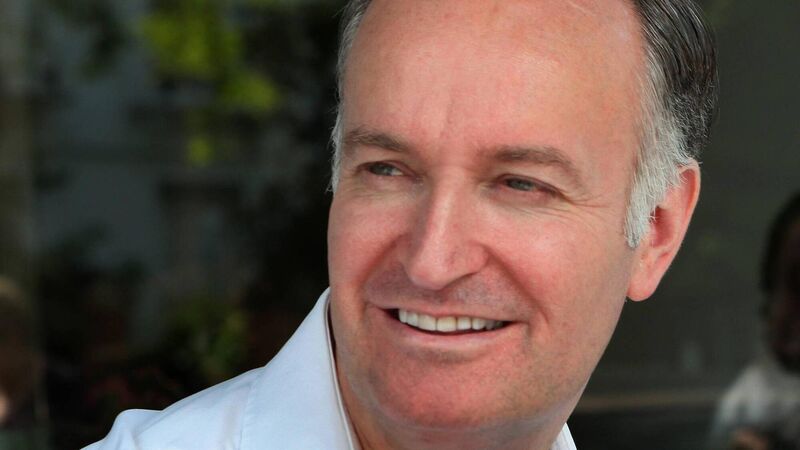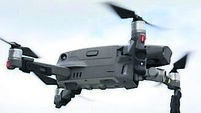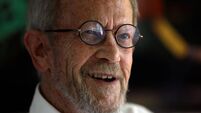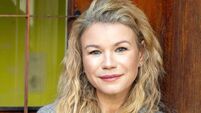Book review: A Dickensian portrait of Britain

Andrew O’Hagan's 'Caledonian Road' is an ambitious, 640-page chronicle of modern Britain.
- Caledonian Road
- Andrew O'Hagan
- Faber & Faber, €19.99
BOOKS & MORE
Check out our Books Hub where you will find the latest news, reviews, features, opinions and analysis on all things books from the Irish Examiner's team of specialist writers, columnists and contributors.







